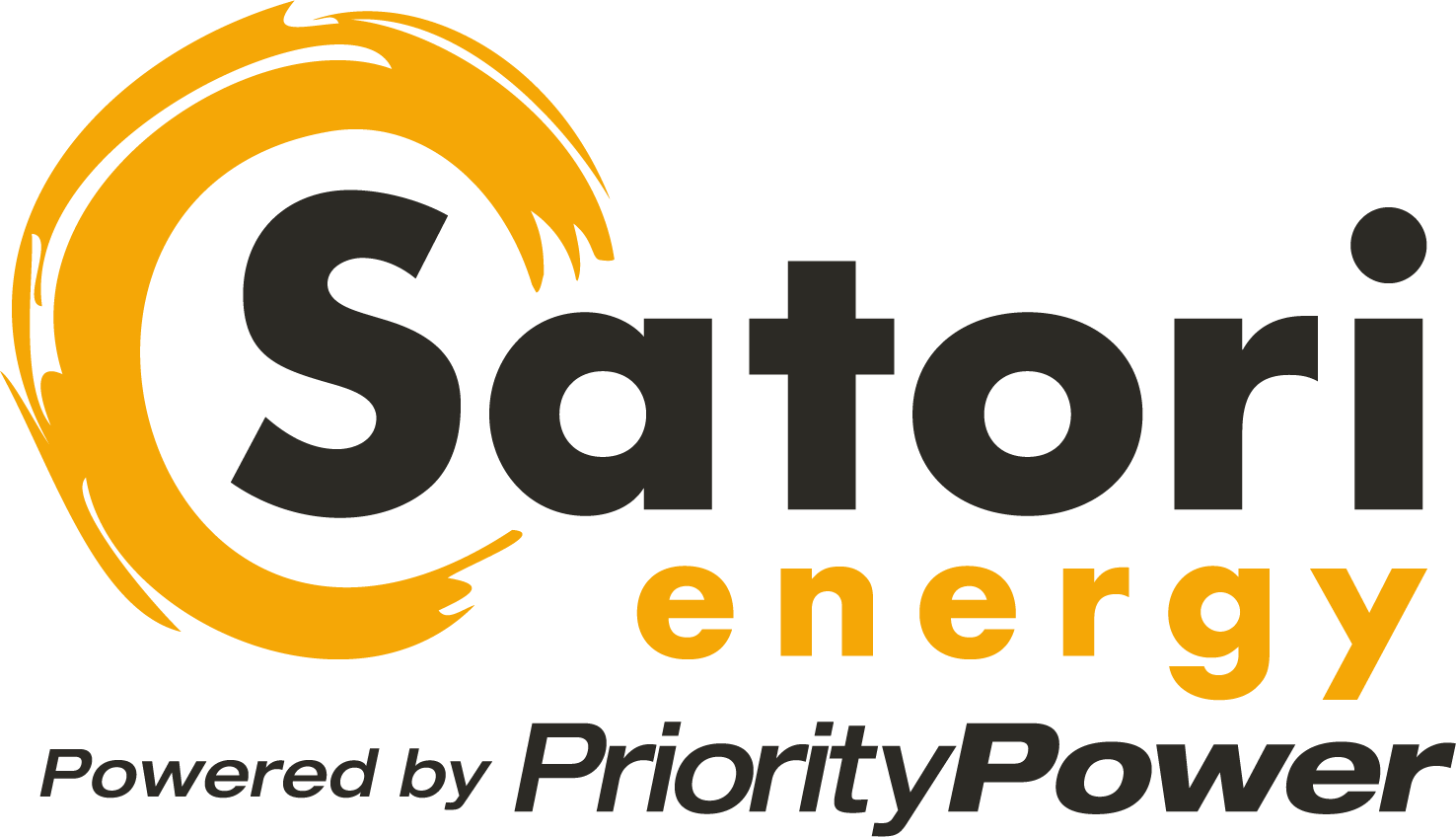Energy Deregulation 101
History of Deregulation
Economic Deregulation occurs when a government removes or reduces restrictions on a certain industry to increase competition. Typically, the industries being deregulated are monopolistic in nature and provide consumers with very limited options.
Bank Deregulation was the first major industry to be affected by deregulation in the 1970s. Prior to deregulation, there were tight regulations on lending, depositing, and limits to the number of bank locations in a state. Now that these regulations are no longer in place, banking is much more competitive, providing the consumer with more options and lower prices.
Airline Deregulation was another major industry impacted by deregulation. Until the late 1970s, U.S. airlines were treated similar to a utility: consumers only had access to one choice of airline with a non-negotiable price. At that time, the Civil Aeronautics Board (CAB) had the ability to mandate the costs of flights. The Airline Deregulation Act was signed in 1978, leading to an industry change, allowing low cost carriers (LCC) to enter the marketplace, and resulting in an increase of airline choices and a decrease in costs.
Phone Deregulation was next to follow. Before the 1980s, American Telephone & Telegraph (AT&T) controlled nearly the entire telephone industry. While other smaller firms began entering the market earlier, it wasn’t until the Telecommunications Act of 1996 was signed that larger players were really allowed to enter the telephone business. Once this took place, options opened up for the consumer, and prices went down.
Pros & Cons of Deregulation
Not every aspect of deregulation is positive, but most would agree that the positives outweigh the negatives significantly. Those that are anti-deregulation warn about the possibility of asset bubbles, increased likelihood of a recession, large infrastructure costs and government support, and the due-diligence involved in lobbying for fair legislation. However, deregulation creates a low barrier for new businesses to enter the industry, improving innovation, entrepreneurship, and competition, which positively impact the overall economy.
What is Energy Deregulation?
Prior to energy deregulation, the local utility was a customer’s only option for energy supply. Energy deregulation has since been implemented in several states, allowing retail energy providers (REPs) to sell electricity and natural gas at varying rates. This provides customers several options for their energy supply, allowing them to shop for the lowest rates. This increase in choices for the customer creates competition among these REPs, driving the price of energy down, and increasing the opportunity to save money on energy costs.
History of Energy Deregulation
In the 1990s, a push for deregulation of energy began. The goal in mind was to eliminate monopolies, and generate competitive, low electric and natural gas prices for the consumer. After years of lobbying, legislation, and voting, California became the first state to deregulate and open a retail electricity market. However, due to its poor structure and planning, California’s deregulation led to an energy crisis in the early 2000s.
After California’s failure, other states took considerable caution while implementing deregulation to avoid repeating the same mistakes. As for the rest of the U.S. energy deregulation history, each state’s path to deregulation is different in its own way. In general, though, the transition for a state to move from regulated to deregulated can take a long time.
Where is Energy Deregulation?
Over the last 20 years, energy deregulation has grown substantially. Whether it be just a handful of communities or the entire state, energy deregulation is now present in nearly 40 states.
Future of Energy Deregulation
As we move forward, it is possible that all 48 continental states will incorporate some type of deregulation in their energy markets. While there is no estimate as to when that might be, deregulation’s progress since the turn of the century indicates it may be sooner than later. The energy industry is always changing and can be difficult to follow, especially on a national scale. Make sure to tune in to legislation updates and news regarding changes in law that can impact you.
Recap
Deregulation has created significant changes in major industries over the last 50 years. The additional competition created by deregulation has provided more jobs, lowered prices for consumers, and driven economic growth. Energy deregulation specifically has allowed companies of all types and sizes the opportunity to decrease costs, save a considerable amount of money, and learn to manage energy cost risk in the marketplace.




